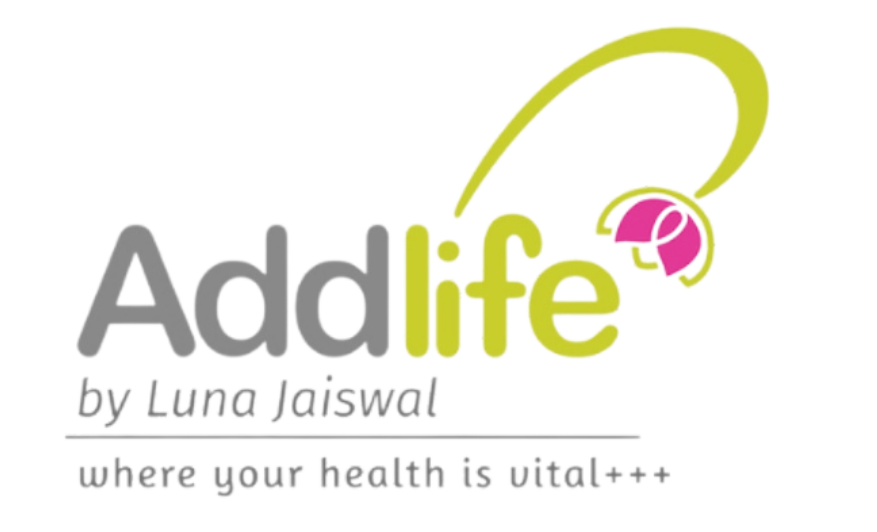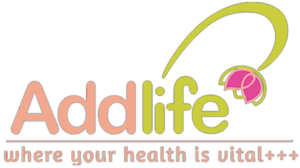Chronic/Lifestyle Disease Management plan takes into consideration your complete body analysis and medical reports. Based on the information our dietitian provides a personalised diet plan that aims to cure any underlying chronic disease or condition affecting your health & lifestyle.
These thoroughly curated Diet plans and food charts specific to each individual, we are able to go to the root cause of the condition/disease and cure the illness to provide a sustainable and healthy lifestyle.
Our tailored diet plans manage to subside the problems or symptoms related to the disease/condition, eventually replacing in intake of medicines with a healthy diet plan.
We provide consultation to people with following diseases:
Fatty Liver
Fatty liver is a condition caused by the deposit of extra fat in the liver which can lead to liver damage.
You can prevent it or even reverse fatty liver disease with proper lifestyle changes through a customised diet and nutrition plan. Healthy fats are required for a healthy liver. Liver cleansing helps to eliminate the condition of fatty liver by eating more vegetables, higher intake of soluble and insoluble fibre and majority by avoiding refined processed foods and oils.
Hypertension
Hypertension is the condition where the blood pressure is too high. Over time, excessive salt intake can lead to high blood pressure (hypertension) that decreases blood and oxygen flow to key organs.
Stress can cause hypertension through repeated blood pressure elevations. When one risk factor is coupled with stress factors, the strain on blood pressure gets increased.
Diabetes
Diabetes is a disease related to your body’s metabolism that causes high blood sugar. Your body is unable to make enough insulin and can’t effectively use the insulin it does make.
Untreated diabetes can damage nerves, eyes, kidneys, and other organs.
You can improve your blood sugar levels by adapting to a healthy diet, having nutritious foods and watching portion sizes to control blood sugar levels
Insulin resistance is also one of the major causes of diabetes where one needs to improve cellular health. This can be achieved by adapting to a healthy diet and lifestyle.
Cardiovascular Disease
Imbalanced Diet, storage of bad fats like processed foods, packaged snacks and fried food in your body is an important risk factor for cardiovascular disease.These life threatening factors can lead to obesity, high blood pressure, uncontrolled diabetes and a diet high in saturated fats eventually leading to cardiovascular diseases.
You can help reduce the risk of disease by eating a variety of foods that are beneficial to your health and heart, exercising on a routine to be fit and healthy and avoid getting stressed or tensed.
Many studies have shown that Waist-to-hip ratio (WHR) predicted cardiovascular disease more effectively than BMI or waist circumference. Waist-to-hip ratio is a quick measure of fat distribution that may help indicate a person’s overall health.
Thyroid Disorders
The thyroid gland is a butterfly-shaped gland located at the base of the neck. It regulates fat and carbohydrate metabolism, respiration, body temperature, brain development, cholesterol levels, the heart and nervous system, blood calcium levels and much more.
Thyroid disorder means a condition that keeps your thyroid from making the right amount of hormones. Your thyroid is responsible for making hormones that keep your body functioning normally.
You can help you determine the best regimen of diet and supplements for your needs with our expertise.
Chronic Kidney Disease
Chronic kidney disease doesn’t let the kidneys filter your blood the way they should. Your eating and drinking habits can help the kidneys maintain a healthy balance of salts & minerals in your body.
Avoiding foods rich in sodium, phosphorus & potassium prevents health problems related to Chronic Kidney disease. A good understanding of calories, fats, protein and liquids affecting the body is important.
PCOS/ PCOD
Polycystic ovary syndrome (PSOS) is a condition in which you get few, unusual or long periods. Small sacs of fluid develop on the ovaries and this can lead to failure to release eggs regularly.
Women with PCOS are often insulin resistant; their bodies can make insulin but can’t use it effectively, increasing their risk for type 2 diabetes. Insulin resistance is caused when cells in your muscles, fat, & liver do not respond well enough to insulin and cannot easily take up glucose from your blood.
Diet plans for PCOS should include food with proper balance of Protein, Carbohydrates and Fat Intake.
Hormonal Imbalance
Too much or too little of a hormone in your bloodstream can lead to the development of hormonal imbalances. Hormones are typically chemicals produced by glands in the endocrine system that travel from the bloodstream to the tissues and organs to deliver messages that tell the organs what to do and when to do it.
Hormones are responsible for the regulation of metabolism, heart rate, sleep cycle, reproductive cycle, sexual function, general growth, physical development, stress level and body temperature.
Cancer
Cancer is a disease in which some of the body’s cells grow uncontrollably and spread to other parts of the body. Cancer can start almost anywhere in the human body, which is made up of trillions of cells.
When abnormal or damaged cells grow and multiply when they shouldn’t, it leads to the formation of tumours.High doses of radiation is used to kill cancer cells and shrink tumours by the process of Radiation therapy.
It is important to find ways to maintain a healthy weight and eat nutritious foods since cancer makes your health and body weak by depleting nutrients that are vital for you.
Dyslipidemia
Dyslipidemia is the abnormal imbalance of lipids (fats) such as cholesterol, triglycerides and high-density lipoprotein (HDL). This condition can result from diet, tobacco exposure, or genetics and can lead to cardiovascular disease with severe complications.
Improving lifestyle by adapting to a healthy diet and exercise plan can help you regulate the imbalance.


